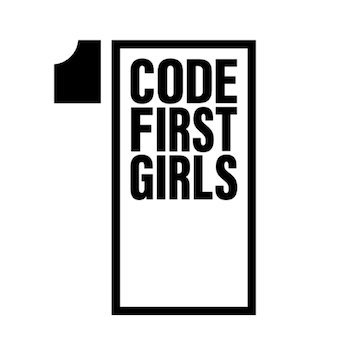A recent report released by social enterprise Code First Girls and Tech Talent Charter sheds light on a concerning reality: the current approach to technology skills is deemed ‘not fit for purpose’, placing women at increased risk of being left behind in an evolving digital landscape.
The findings underscore the urgent need for proactive measures to address the gender disparity in tech skills and ensure equal access to opportunities for all.
The Gender Disparity in Tech Skills
According to the report, women face a daunting challenge as they are 40% more likely than men to have their work replaced by automation, amplifying the risk of job displacement.
Furthermore, a staggering 80% of women in the tech sector express dissatisfaction with their career development opportunities, indicating systemic barriers hindering their professional growth and advancement.
The Impact of Technological Transformation
With estimates suggesting that 1 billion jobs will undergo transformation due to technology by 2027, and 43% of work tasks becoming automated, the stakes are high for women in the workforce.
The disproportionate impact of AI automation on women underscores the urgent need for proactive measures to equip them with the necessary skills to thrive in the digital economy.
Urgent Call for Upskilling Initiatives
To address the pressing challenges outlined in the report, tech leaders are urged to implement comprehensive upskilling and reskilling programs.
The report outlines ten recommendations, including the prioritization of skills mapping, reshaping recruitment practices, and establishing ethical guidelines and policies for AI implementation.
These initiatives are crucial in ensuring that women have equal access to the jobs of the future and are not left behind in an increasingly tech-driven world.
The Role of Code First Girls and Tech Talent Charter
Code First Girls, a leading social enterprise, has been at the forefront of empowering women in tech, having already assisted 200,000 women in learning to code. By collaborating with companies globally, they are actively promoting employability, diversity, and social mobility, thereby transforming local economies and communities.
Similarly, the Tech Talent Charter, comprising over 650 UK organizations committed to greater inclusion and diversity in the tech workforce, plays a pivotal role in driving positive change in the industry.
Path Forward: Collaboration and Action
In conclusion, the report serves as a clarion call for collaboration and concerted action to bridge the gender gap in tech skills.
By prioritizing upskilling initiatives, fostering diversity and inclusion, and implementing ethical guidelines for AI, stakeholders can pave the way for a more equitable and inclusive tech sector.
Together, we can create a future where women have equal opportunities to thrive and contribute to the digital economy.
Business News
TDPel Media
This article was published on TDPel Media. Thanks for reading!Share on Facebook «||» Share on Twitter «||» Share on Reddit «||» Share on LinkedIn

